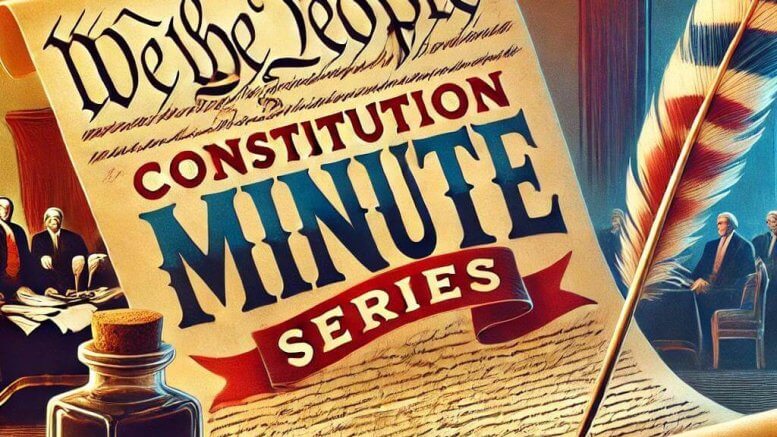President Biden has announced a bold plan to reform the Supreme Court and ensure that no President is above the law. This plan includes three major reforms: ending immunity for crimes committed by former Presidents, imposing Supreme Court term limits for Supreme Court Justices, and establishing a binding code of conduct for the Court.
(see our previous post and the arguments regarding Supreme Court limits)
Founding Fathers’ Concerns
The Founding Fathers designed the Supreme Court to ensure judicial independence and maintain a balanced government. They would have several concerns about these proposed changes.
-
Judicial Independence: Lifetime appointments for Supreme Court Justices protect them from political pressures. This allows them to make decisions based solely on the Constitution and the law. Imposing term limits could politicize the judiciary, with Justices influenced by potential future appointments.
-
Separation of Powers: The Founding Fathers emphasized the separation of powers between the executive, legislative, and judicial branches. Any move by Congress to impose term limits or ethics codes could blur these lines, undermining judicial independence.
Impact of the Immunity Statement
President Biden’s proposal to end immunity for crimes committed by former Presidents aligns with the principle that no one is above the law. However, this change could significantly undermine the executive branch’s ability to govern effectively.
Firstly, Hindrance to Executive Powers: Presidents need the freedom to make swift, decisive actions without fear of future legal repercussions. Consequently, removing immunity could hog-tie their executive powers, making them overly cautious and less effective in their roles. This could lead to hesitation in critical situations, potentially endangering national security and public welfare.
Secondly, Potential for Political Retaliation: Removing immunity could lead to former Presidents being targeted for prosecution by political opponents. As a result, this could turn legal proceedings into tools for political vendettas, polarizing the political landscape and undermining public trust in the judicial system.
Lastly, Judicial Overload: The judiciary might face an increased burden with the potential influx of high-profile cases involving former Presidents. This increased load could divert resources from other critical legal matters and strain the court system.
These points highlight the complexities and potential risks of removing immunity for former Presidents, necessitating a careful consideration of the broader implications on governance and judicial integrity.
President Biden’s Reforms
-
No Immunity for Crimes: This constitutional amendment clarifies that former Presidents can be prosecuted for crimes committed while in office. It aims to reinforce the principle that the President’s power is limited and accountable to the people, but at the potential cost of executive effectiveness.
-
Term Limits for Justices: President Biden supports appointing a Justice every two years for an 18-year term. This proposal seeks to regularize Court membership changes, making nominations more predictable and reducing long-term influence by any single Presidency.
-
Binding Code of Conduct: This reform calls for enforceable ethics rules for Supreme Court Justices. It requires them to disclose gifts, avoid public political activity, and recuse themselves from cases with conflicts of interest. This aims to restore public trust in the Court’s fairness and independence.
Conclusion
As the debate over Supreme Court reforms continues, it’s crucial to balance the need for accountability with the principles of judicial independence and separation of powers. The Founding Fathers’ vision for a robust and impartial judiciary must be carefully considered to preserve the integrity of America’s democratic institutions. Additionally, safeguarding the executive’s ability to govern without undue fear of future legal repercussions is vital for maintaining effective leadership.
Stay informed with Constitution Minute for more updates and in-depth analyses on this critical issue.
Constitution Minute:
Further Reading:
Constitution Minute: The Debate Over Supreme Court Term Limits (article link)
President Bidens Statement (White House link)





